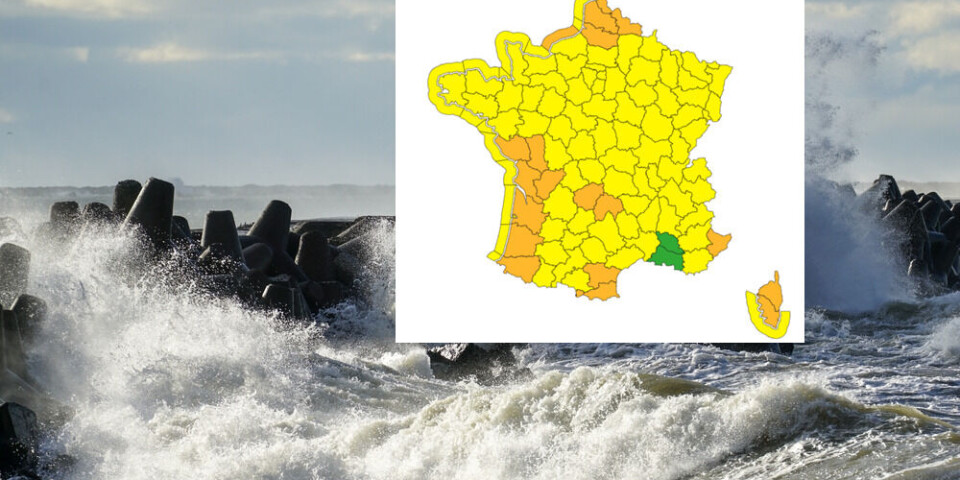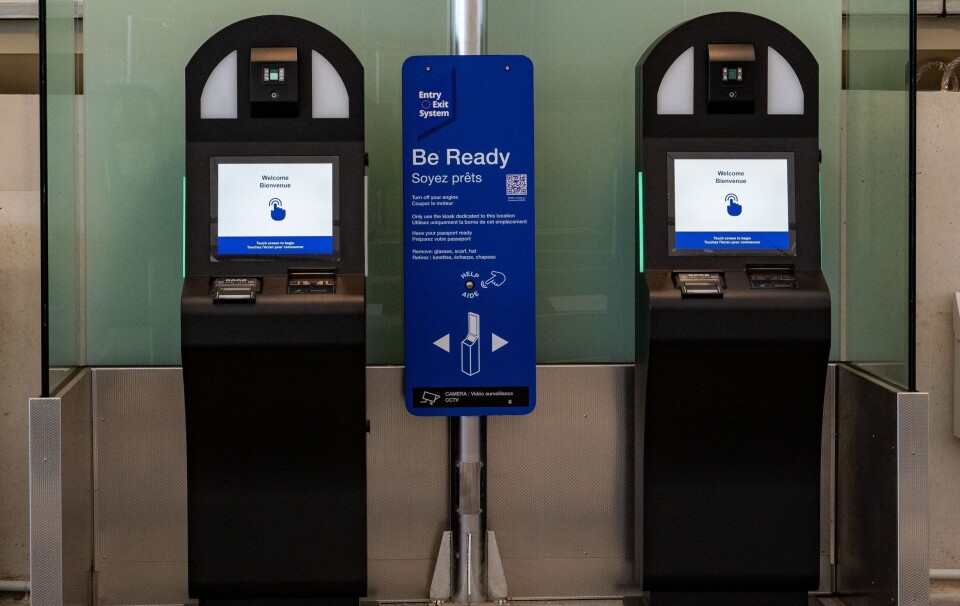-
Classic French recipe with an exotic twist: caramelised onion soup
A dish inspired by the travels of two Paris chefs
-
HPI final season: the end of a French TV phenomenon
Comedy-thriller starring Audrey Fleurot that gripped France airs final episodes
-
Vent d’autan: the French weather phenomenon said to drive people mad
Superstition says that the wind, which affects the south-west of the country, turns the locals 'crazy'
UK Trade unions have more members than France
Data from the European Trade Union Confederation shows the UK has more trade union members than France

Anyone moving to France will soon become familiar with negotiating life around regular grèves or strikes but a spokeswoman for the European Trade Union Confederation (ETUC) in Brussels said: “Union membership is certainly higher in the UK than in France and has been for many years.”
The latest, possibly surprising, data from ETUC show that as of 2015, there were 6.5 million trade union members in the UK, making up around 25% of all employees. Yet figures for France in 2013 revealed there were around 2.6 million trade union members, which is only about 11%.
Trade unionism is also much stronger in the French public sector, where around 15% of employees are in unions, than the private sector, where the figure is only 5%.
“In France it is largely activists who are trade union members, while in the UK people who are not very active in the union are willing to be members,” said ETUC’s spokeswoman. “A recent study found that 50% of all union members in France are representatives, compared to just 3% in the UK.”
Levels of union membership among employees have been consistently higher in the UK than in France since at least the mid-1990s, ETUC said. But it is the French unions who get results.
The powers of UK trade unions were significantly weakened during the 1980s, when Margaret Thatcher's government made it more difficult for workers to legally withdraw their labour. Direct action has become rare in the UK since the miners’ strike of 1984-1985, which saw violent confrontations between picketers and police.
In France, on the other hand, modern trade unions are able to mobilise workers to great effect, sometimes even influencing and changing government policy. This is in spite of low membership, internal divisions, and rivalry between the various unions.
Historically, there have been five main union confederations in France. The Confédération générale du travail (CGT) has generally taken the most militant positions on political and industrial issues, although it is no longer as closely allied with the Communist party as it once was. The Confédération française démocratique du travail (CFDT) has been more willing to make compromises with the government, while Force Ouvrière (FO) includes a wide range of political groups from Socialists to Trotskyists and Gaullists.
The Confédération française des travailleurs chrétiens (CFTC) describes itself as "inspired by Christian social teaching", whereas the Confédération française de l'encadrement - Confédération générale des cadres (CFE-CGC) represents higher-grade employees, such as senior technicians and middle-management.
In 2006, the unions forced the French government to withdraw its plans for a new employment contract for young workers, while in 2010, there were massive demonstrations over the government’s pension plans.
























